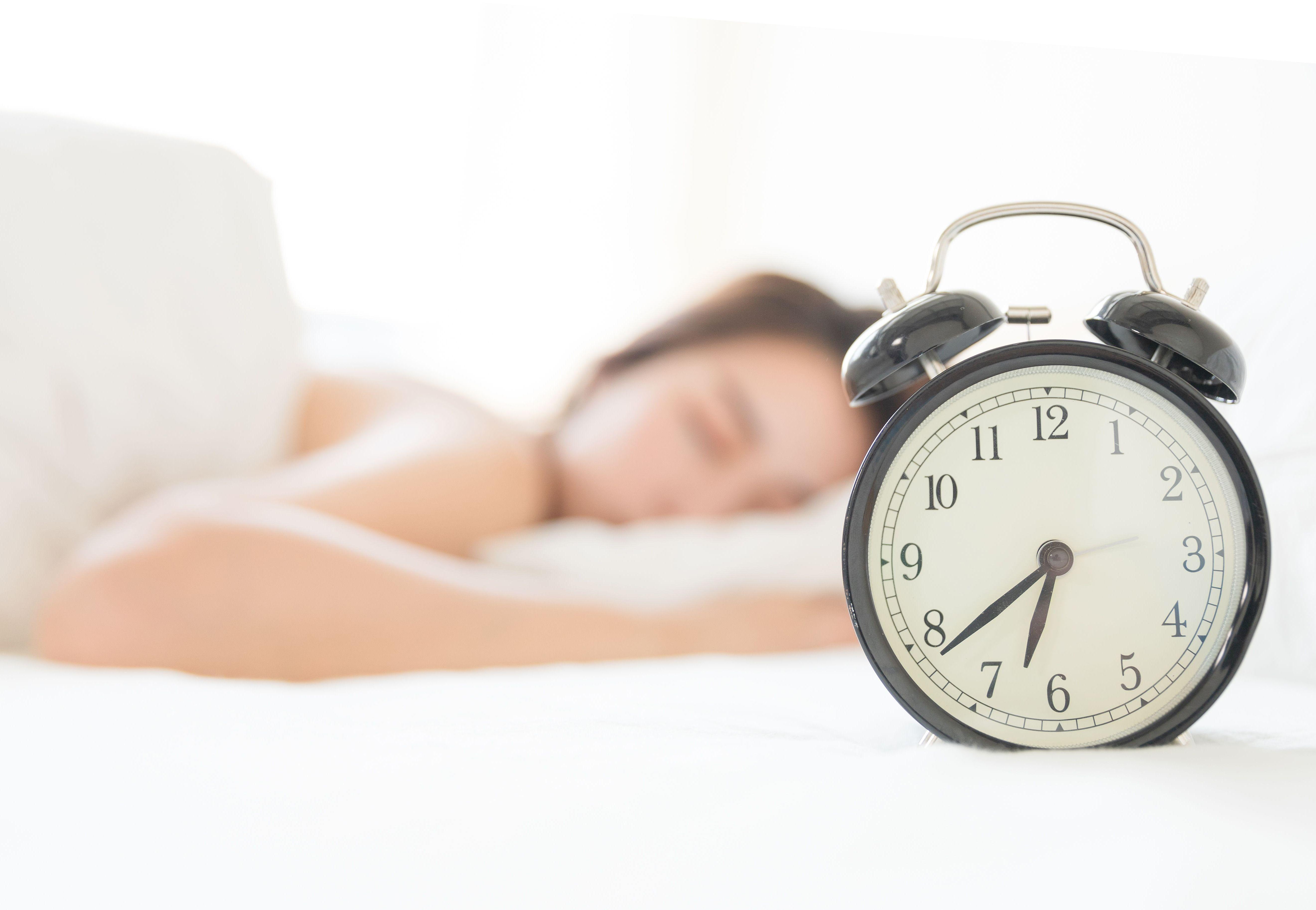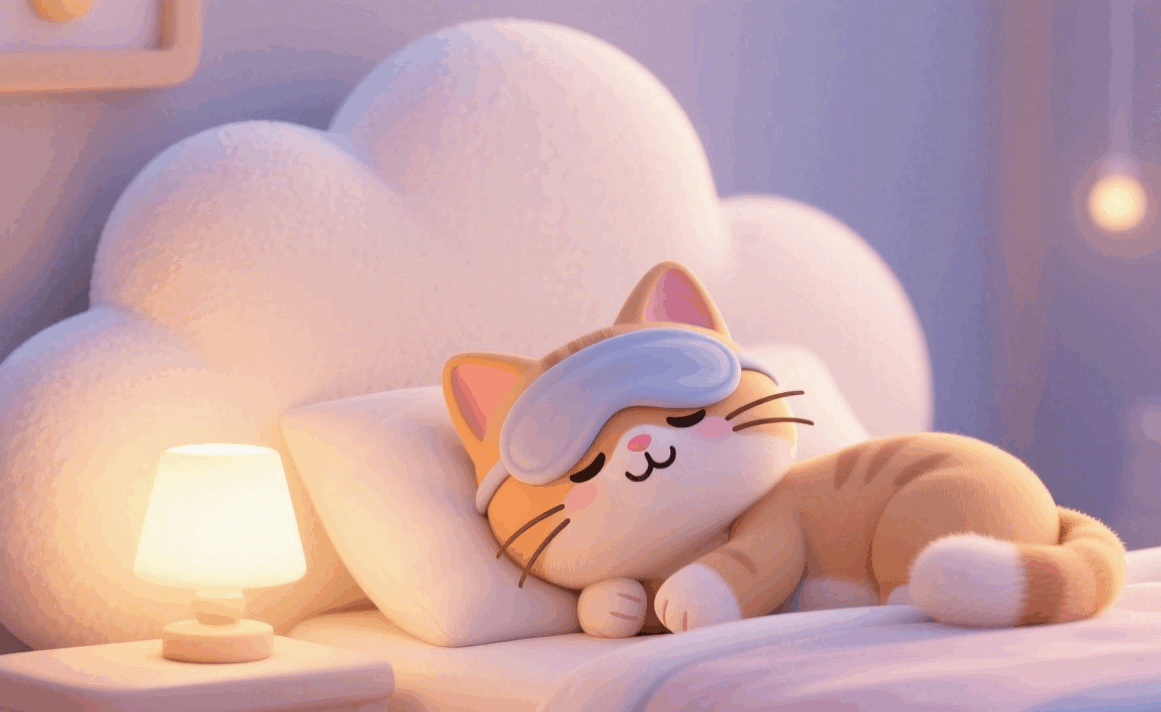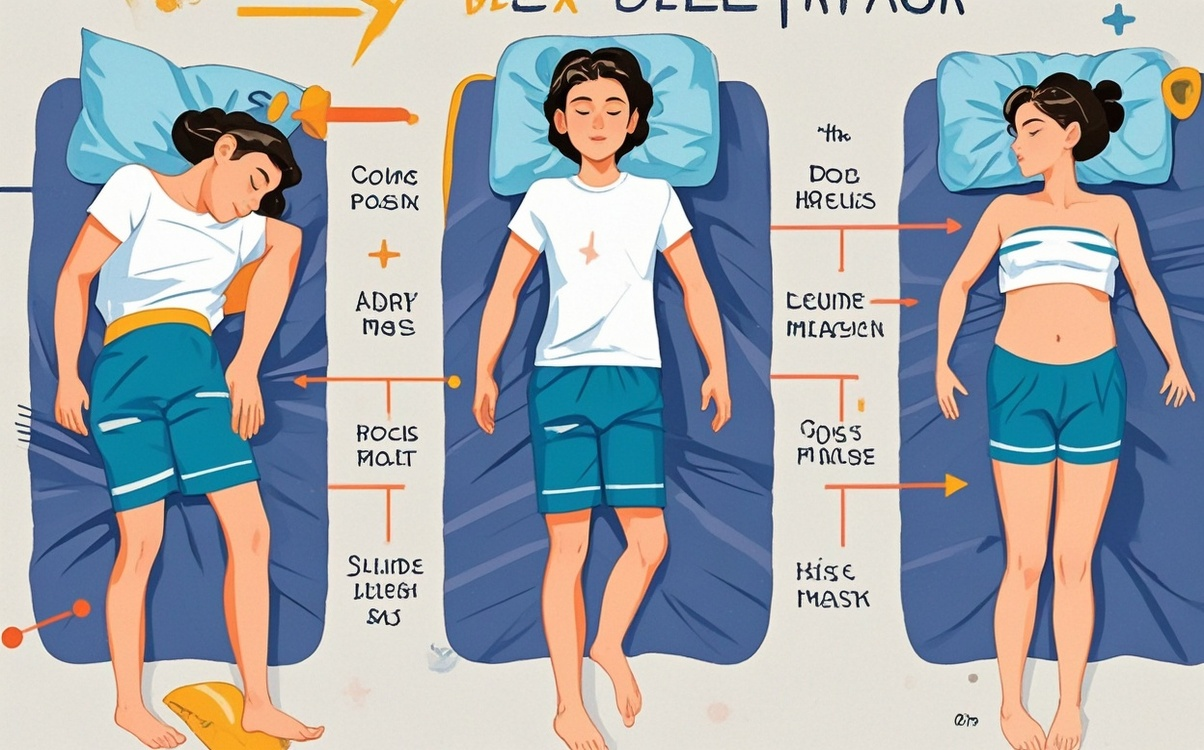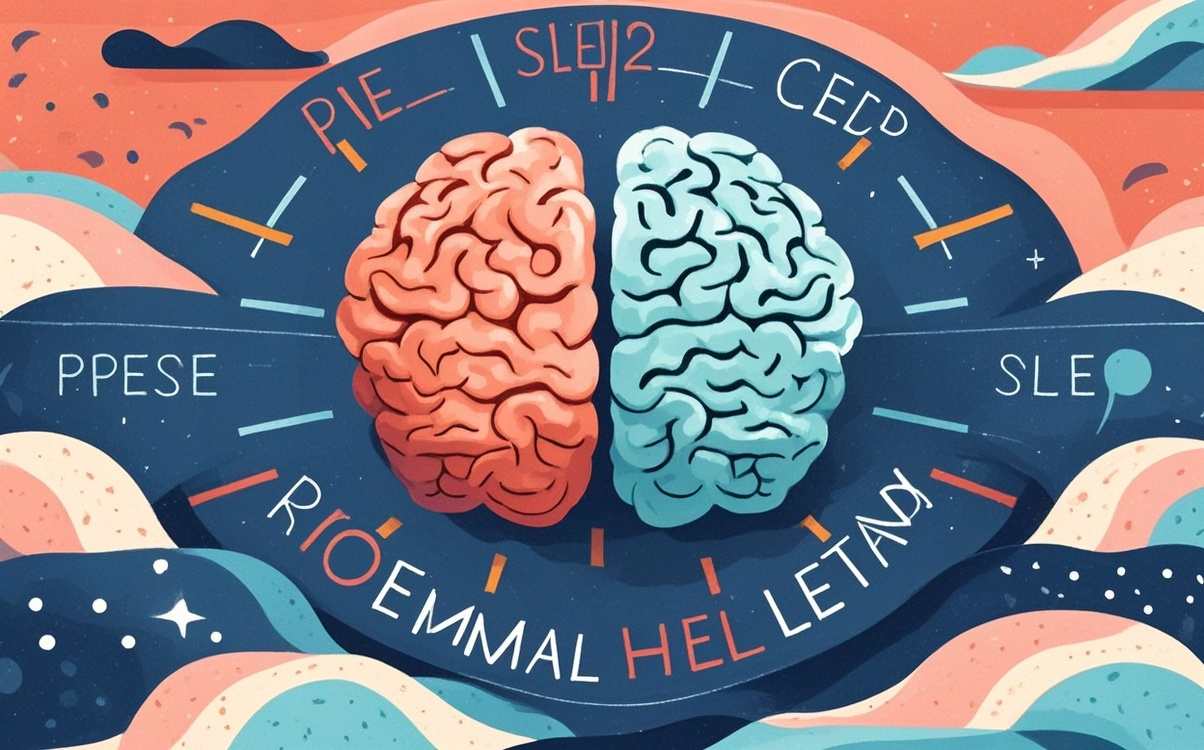What Is Core Sleep? 4 Key Benefits You Need to Know
Author : SleepingHarmony
Page Views : 21K
core sleep is the most important part of everyone's sleep, making up about 15%-25% of an adult's total sleep time. It fixes your body, locks in memories, balances your hormones, and is super important for your health.
So why is it that when two people both sleep 8 hours, one wakes up feeling great while the other feels like garbage? It's probably about how deep their sleep was. Without core sleep, your body doesn't really rest - even if you're out cold. Most folks don't realize this. So what exactly is core sleep?

what is core sleep
core sleep is just one slice of your sleep pie - about 25% of your night. Some call it "golden sleep." Your night usually has 5-6 sleep cycles (each 60-90 minutes), split between non-REM and REM sleep. Non-REM has four stages: light, light-medium, deep-ish, and core sleep - then comes REM sleep to finish the cycle.
Here's the kicker: Those first two light stages (about 55% of your sleep) barely help with tiredness. The real magic happens in the deeper stages and REM sleep. That's when your brain actually powers down and repairs itself - wiping out fatigue, boosting energy, and strengthening your immune system. But here's the catch: You only get about 25% core sleep. So good sleep isn't about hours - it's about quality. And quality means getting enough core sleep.
what happens during core sleep
Your body chills out completely and your metabolism drops. This is when:
1.Your body fixes itself: Cells regenerate, muscles repair, immune system gets stronger
2.Your brain takes out the trash: Clears junk like amyloid proteins (that's the stuff linked to Alzheimer's)
3.Memories get saved: Short-term memories become long-term (helps you learn better)
4.Hormones balance out: Growth hormone peaks (over 70% of your daily dose!), and hunger hormones (like leptin and ghrelin) get regulated
This is when your brain reboots and your liver does repairs. UC Berkeley researchers found bad sleep hikes your Alzheimer's risk.
What factors impact core sleep?
1.Age: After 20, you lose about 2% core sleep per decade. Seniors might get less than 10%.
2.Schedule: Screwed-up body clocks (from night shifts or jet lag) cut core sleep.
3.Your bedroom: Noise over 30 decibels (like a whisper) or temps above 75°F (24°C)/below 64°F (18°C) can wreck it.
4.Bad habits: Booze, cigs, caffeine kill core sleep. Late-night snacks overload your gut.
5.Your headspace: Stress, anxiety, or depression steal core sleep time.
Common Myths and Facts About Core Sleep
d1.Myth: "A nightcap helps you sleep"
Truth: Alcohol knocks you out faster but slashes core sleep by 50%+ and makes you wake up constantly.
2.Myth: "You can catch up on core sleep weekends"
Truth: You can't fully repay core sleep debt. Sleeping in fragments messes up your body clock worse.
3.Myth: "More sleep = better sleep"
Truth: Oversleeping (9 hours) actually makes sleep less efficient and cuts into core sleep time.









